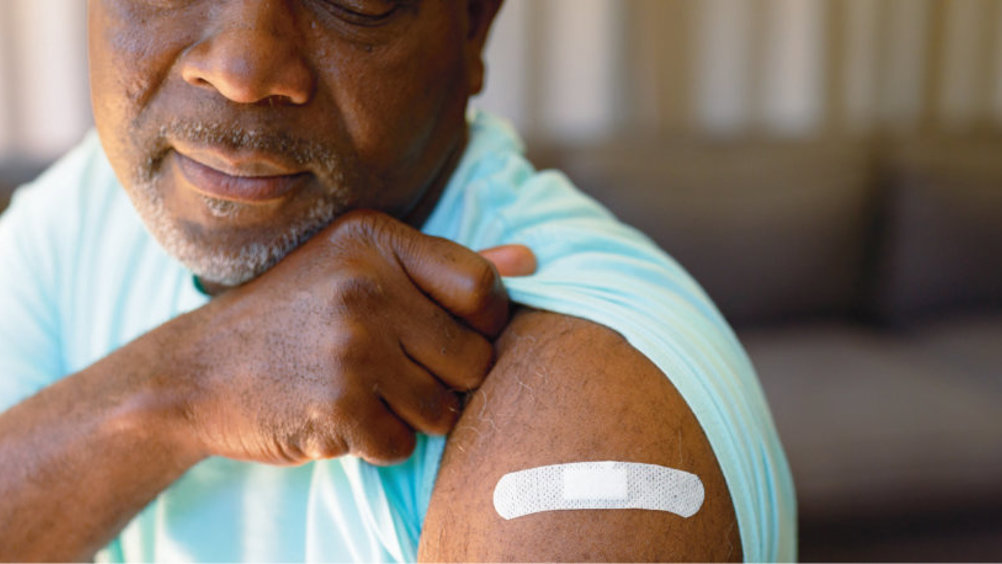References
Rapid upskilling about COVID-19 vaccines: an evaluation of a novel interprofessional education workshop

Abstract
Background:
An inter-professional education (IPE) workshop centred around newly approved COVID-19 vaccination was attended by 77 nursing and pharmacy students.
Aim:
To embed and evaluate the implementation of a virtual IPE workshop, and to upskill undergraduate nursing and pharmacy students about the COVID-19 vaccination.
Methods:
The workshop was evaluated using a questionnaire completed by participants from both disciplines. A focus group was conducted with the IPE facilitators.
Results:
77 students out of a potential 400 attended the workshop (19% attendance). Of the 77 participants, 44 (23 nursing, 21 pharmacy) completed the questionnaire (57%), rating the content highly. There was overall positivity toward working interprofessionally, and there was no evidence of significant differences between how the two groups of students rated the workshop. Qualitative findings from students and facilitators corroborated the supposition that the workshop would enhance professional development. Thus, the workshop was successful in facilitating interprofessional interactions, with students all working collaboratively toward the same goal, the ultimate purpose of IPE. It was agreed that such an event should be included as part of the student curricula.
Conclusion:
Implementing an IPE event that includes real-time healthcare priorities can contribute to optimising students' healthcare education. More high-quality longitudinal research is needed to understand the impact of such sessions on students' competence and confidence.
The UK was the first country to approve a COVID-19 vaccine, with the Pfizer/Biontech mRNA vaccine being authorised for use on 2 December 2020. In the subsequent weeks and months, other countries followed suit and the UK moved to approve other vaccines. The UK government outlined an extensive and comprehensive vaccination plan that relied on taking a multidisciplinary approach to its implementation (HM Government, 2021).
IPE is an educational strategy that provides students with structured learning opportunities to foster knowledge, skills and professional attitudes that they would not otherwise acquire in their professional silos (Horsburgh et al, 2001). Frenk et al (2010) suggested that the key to successful IPE is the timing, duration and relevance of sessions in promoting effective collaboration between healthcare practitioners, in order to enable them to respond to the needs of patients within increasingly complex and interdependent healthcare contexts. Khalili (2020) recommended incorporating learning directly relevant to the COVID-19 pandemic, and there is evidence of successful adaptation for online delivery to account for social distancing measures (Kent et al, 2020).
Register now to continue reading
Thank you for visiting British Journal of Nursing and reading some of our peer-reviewed resources for nurses. To read more, please register today. You’ll enjoy the following great benefits:
What's included
-
Limited access to clinical or professional articles
-
Unlimited access to the latest news, blogs and video content

